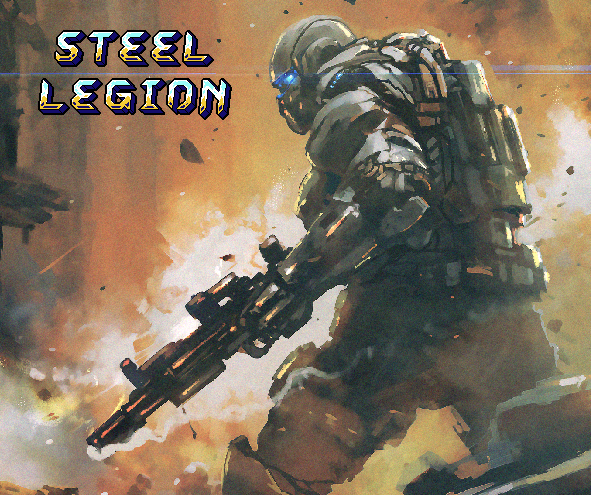The agreement, by court supervision, is that Yuzu(and Cintra) must be destroyed. I dont see how Yuzu, in any form, can live on. What would even be the point of Nintendo demanding this if just anybody else could take all the same source code and rename it and keep using it? Would have been pretty much a waste of time.
You're extrapolating the legal status of emulators from an interpretation of this outcome. The "destruction of everything" is just how you clean shop, but that's limited to the Defendant's operations.
The court orders spell out who can and can't use Yuzu and its source code:
5. The Court further orders, pursuant to 17 U.S.C. §§ 503 & 1203, upon Nintendo’s
election and to the extent controlled by Defendant or its members, the destruction by deletion of
all circumvention devices, including all copies of Yuzu, all circumvention tools used for
developing or using Yuzu—such as TegraRcmGUI, Hekate, Atmosphère, Lockpick_RCM,
NDDumpTool, nxDumpFuse, and TegraExplorer, and all copies of Nintendo cryptographic keys
including the prod.keys, and all other electronic material within Defendant or its members’
custody, possession, or control that violate Nintendo’s rights under the DMCA or infringe
copyrights owned or exclusively licensed by Nintendo.
The destruction by deletion of all circumvention devices, including all copies of Yuzu...within
Defendant or its members’ custody, possession, or control. The only somewhat ambiguous bit is order 2:
2. The Court further enjoins all third parties acting in active concert and participation
with Defendant from:
a. Offering to the public, providing, marketing, advertising, promoting,
selling, testing, hosting, cloning, distributing, or otherwise trafficking in Yuzu or any
source code or features of Yuzu; and
This refuses further distribution of Yuzu source code, but only for "third parties acting in active concert and participation with Defendant". I don't think independent third parties come under that.
Nintendo's entire intentions here were not some 'oh ok, we're ok with the emulation, but you guys were going about it wrong, nice try, but not today!',
None of the companies are okay with emulation but there's nothing they can do about it in the ordinary course of events.
Emulators are not illegal. I'll point to
Wiki on this where numerous attempts by console companies to stop emulators and have them ruled illegal have failed.
The fact they are used for piracy doesn't render emulators themselves illegal. That's be proven in court time and time again, so that point is pretty irrelevant to the understanding of what Nintendo can get out of this.
no, Nintendo saw an opportunity to put the kibosh on Yuzu completely. You think Nintendo are so short sighted that they went through all this if it's not actually gonna actually stop Yuzu?
They have successfully stopped the
commercial operation and piracy of their games by Yuzu who were using illegal hacking methods to gain access to pre-release games. That's what they set out to do. They didn't set out to stop NSW emulation, much as they'd like to, because they can't. Unless there's evidence of stolen IP within the Yuzu source code, it can't legally be stopped and can be continued by other parties so long as they don't circumvent Nintendo's securities.
The message is out that if you try to make illegal money from emulators, you'll be punished. Emulators remain free for people to develop and use for their own paid-or legal content, which is a good enough outcome.
Now if the source
is illegal, Nintendo will go after Github etc to remove it. However, the court orders did not say every copy everywhere has to be destroyed; only those relating to the defendant and their collaborators, so there's not an obvious pointer to this happening.



